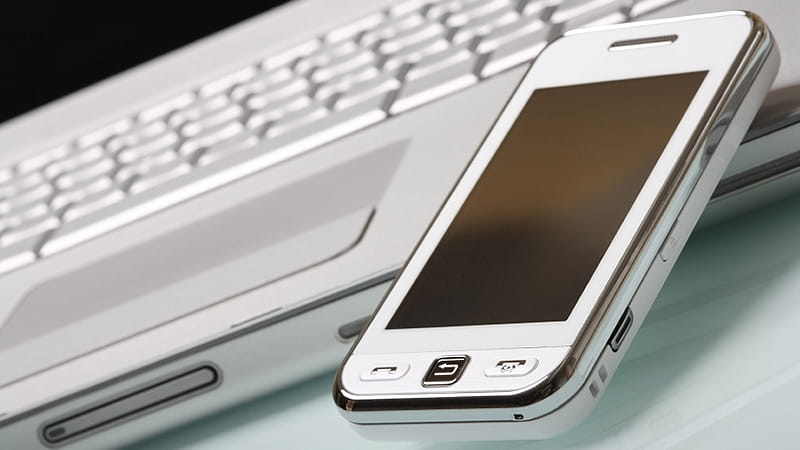
PRESS RELEASE
For immediate release: Thursday, 2 July 2015
Doctors are warned that the law offers little or no protection from patients covertly recording consultations.
However, UK-wide medical defence organisation MDDUS believes doctors who find themselves in this situation should avoid defensive reactions and simply accept that the prospect of covert recording is a product of the digital age.
The increasing use of smartphones makes it easier for patients wishing to make an audio – or in some cases a video – recording of a medical appointment with their doctor. MDDUS has encountered calls from distressed members who have discovered a consultation had been covertly recorded by the patient.
“While it may be unsettling to discover a patient has recorded your conversation, there is nothing to legally stop them from doing so,” says MDDUS medical adviser Dr Mary Peddie.
“Patients don’t need a doctor’s consent to record the consultation as section 36 of the Data Protection Act 1998 considers that the information in the recording belongs to them.
“Some doctors may believe that recording consultations is intrusive, shows a lack of trust and is damaging to the doctor/patient relationship. However, patients have the right to record a consultation and then use the information obtained as they choose.”
Whilst sometimes the patient may try to use the recording to challenge the doctor, it is our experience at MDDUS that the majority of recordings support the actions of the doctor and confirm that they acted in an appropriate manner, both personally and clinically.
“In an ideal world, patients would not feel the need to covertly record a consultation and would be open about it,” says Dr Peddie. “However, doctors should not necessarily feel threatened when they become aware of a recording.
“Indeed, a recording may be helpful in avoiding misunderstandings. We are all aware that patients often do not understand a doctor’s best attempts at explanations in layman’s terms. It is worth considering whether there may be a genuine and positive reason for the patient recording the appointment.
“Doctors should discuss these reasons with their patient,” says Dr Peddie. “Patients may not feel confident of remembering or fully understanding complex instructions from their doctor or they may wish to share the information with their family to help them reach a decision on treatment options.
“Of course, there will be occasions when a dissatisfied patient uses a recording to pursue a complaint or claim as, even if obtained covertly, recordings can be admissible evidence in court.
“Doctors acting professionally should have nothing to fear from an audio or video recording, covert or otherwise, but this will be no substitute for keeping clear, comprehensive and accurate written records of consultations which will help protect them if the patient attempts to use the recording to support a complaint.”
Ends
For further information contact Richard Hendry on 0845 270 2034 or 07976 272266, or email rihendry@mddus.com.
Note to editors
MDDUS (The Medical and Dental Defence Union of Scotland) is a medical and dental defence organisation providing access to professional indemnity and expert medico- and dento-legal advice for doctors, dentists and other healthcare professionals throughout the UK.
For further information on MDDUS go to www.mddus.com.
This page was correct at the time of publication. Any guidance is intended as general guidance for members only. If you are a member and need specific advice relating to your own circumstances, please contact one of our advisers.
